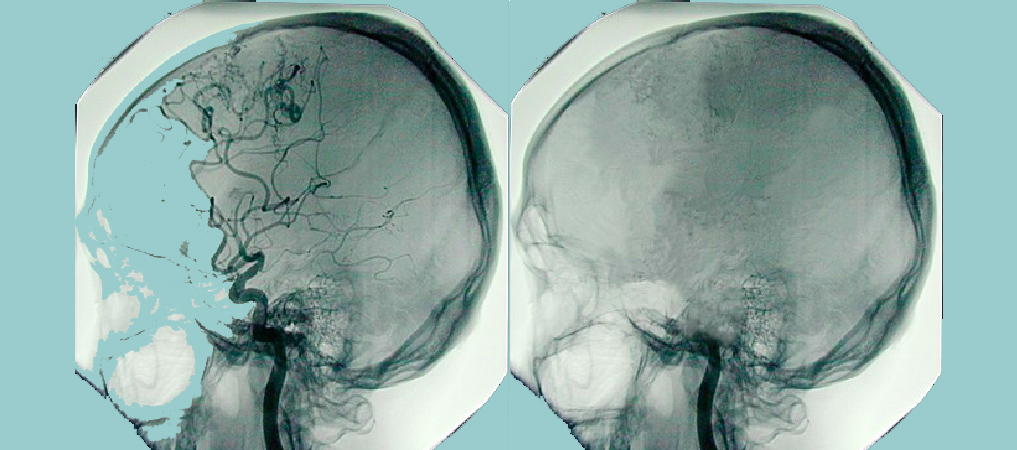Organs from brain-dead may save lives, say experts

By Ajita Rijal
Kathmandu, Mar. 8 :With increasing cases of hypertension and diabetes due to sedentary lifestyle in modern times, many people are said to be at risk of kidney problems. One such problem is kidney failure - when both kidneys stop functioning, in which case the person will need either regular dialysis or transplantation.
In Nepal, around 4,000 people are reported to be on regular dialysis each year. More than 1,600 people have already got their kidney transplanted. Of these, more than 25 have undergone transplantation for the second time, according to Dr. Pukar Chandra Shrestha, a senior transplant surgeon.
“There is 99 per cent success rate of kidney transplantation in Nepal,” said Dr. Shrestha.
According to doctors, patients prefer transplant to dialysis. Dialysis is not a durable solution. Kidney patients having transplantation are reported to have extended and active life.
Every year, 3,000 Nepalis need kidney transplants, of which only 10 per cent patients manage to get proper treatment, while the rest are compelled to live with regular dialysis, said Dr. Shrestha. Some patients do not get the donors while some may not get transplant due to other medical complications which means they are compelled to live ailing, he added.
The demand for kidney transplantation is overwhelming in Nepal, but there is no adequate supply due to the lack of donors, said Dr. Shrestha.
Organ donation of brain-dead vital
“Kathmandu Valley alone is said to witness around 1,000 accidents each year, so if the organs of all those brain-dead can be utilized, then every ailing person who is in need of an organ transplant could get a new life,” said Dr. Shrestha.
Organ transplantation from brain-dead persons can protect and elongate the life of a significant number of people. Owing to increasing demand of kidney donors in Nepal, if the organ of brain-dead would be made available, then no one needs to visit India in search of donors, noted Dr. Shrestha.
Likewise, according to Dr. Rishi Kafle, a consultant nephrologist, each year an estimated 200 people are said to visit India for kidney transplantation. So if Nepal can develop and expand its own medical professionals and add transplant centres in order to avail of brain-dead people organ donation, it may stop the patients’ flow abroad and provide the transplant service within the country.
Family members should be encouraged to donate organs of the brain-dead person. Immense awareness is needed to convince people for doing so, added Dr. Kafle.
The government and the concerned stakeholders also need to run awareness campaign to encourage people to donate the organs of their brain-dead relatives.
Until now, only three brain-dead people have donated their organs. Of which, one liver and six kidneys were transplanted from these three, said Dr. Shrestha.
“We need proper mechanism and coordination among the organ providers and receivers,” added Dr. Shrestha.
Female donors high
Dibash Dahal, 27, underwent his first kidney transplantation in 2014 when both his kidneys failed. He was lucky to receive a new kidney from his mother, Diva Dahal and lived a good life for four years. But then his body rejected his mother’s kidney. Again Dahal found his aunt (father’s sister) for a second transplantation. Dahal then underwent second kidney transplantation at Human Organ Transplant Centre (HOTC), in Bhaktapur, in 2018.
Likewise, for first kidney transplantation of Chaturman Tamang, his wife Suntali Tamang donated the kidney. Again after nine years, in 2017 Chaturman needed second transplantation and his brother-in-law (wife’s brother) donated the kidney for him. Chaturman Tamang underwent his second transplantation at the Tribhuvan University Teaching Hospital (TUTH).
This week, Prime Minister KP Sharma Oli had his second successful kidney transplantation at TUTH. The donors for PM’s two transplantations were his female relatives, first his sister-in-law, Anjan Ghimire, and this time, his niece, Samikshya Sangraula.
According to the records of the HOTC, Bhaktapur, TUTH, and Bir Hospital, more than 90 per cent of the kidney donors are female.
The female members come forward readily to donate their kidneys for their ailing relatives, said Dr. Kafle. Since most male members work outside to run the family, their life style becomes sedentary and they do not have good eating habit. Also, in most cases males drink alcohol and are smokers, due to which their kidneys are not fit for donation, said Dr. Kafle.
Recent News

Do not make expressions casting dout on election: EC
14 Apr, 2022
CM Bhatta says may New Year 2079 BS inspire positive thinking
14 Apr, 2022
Three new cases, 44 recoveries in 24 hours
14 Apr, 2022
689 climbers of 84 teams so far acquire permits for climbing various peaks this spring season
14 Apr, 2022
How the rising cost of living crisis is impacting Nepal
14 Apr, 2022
US military confirms an interstellar meteor collided with Earth
14 Apr, 2022
Valneva Covid vaccine approved for use in UK
14 Apr, 2022
Chair Prachanda highlights need of unity among Maoist, Communist forces
14 Apr, 2022
Ranbir Kapoor and Alia Bhatt: Bollywood toasts star couple on wedding
14 Apr, 2022
President Bhandari confers decorations (Photo Feature)
14 Apr, 2022











